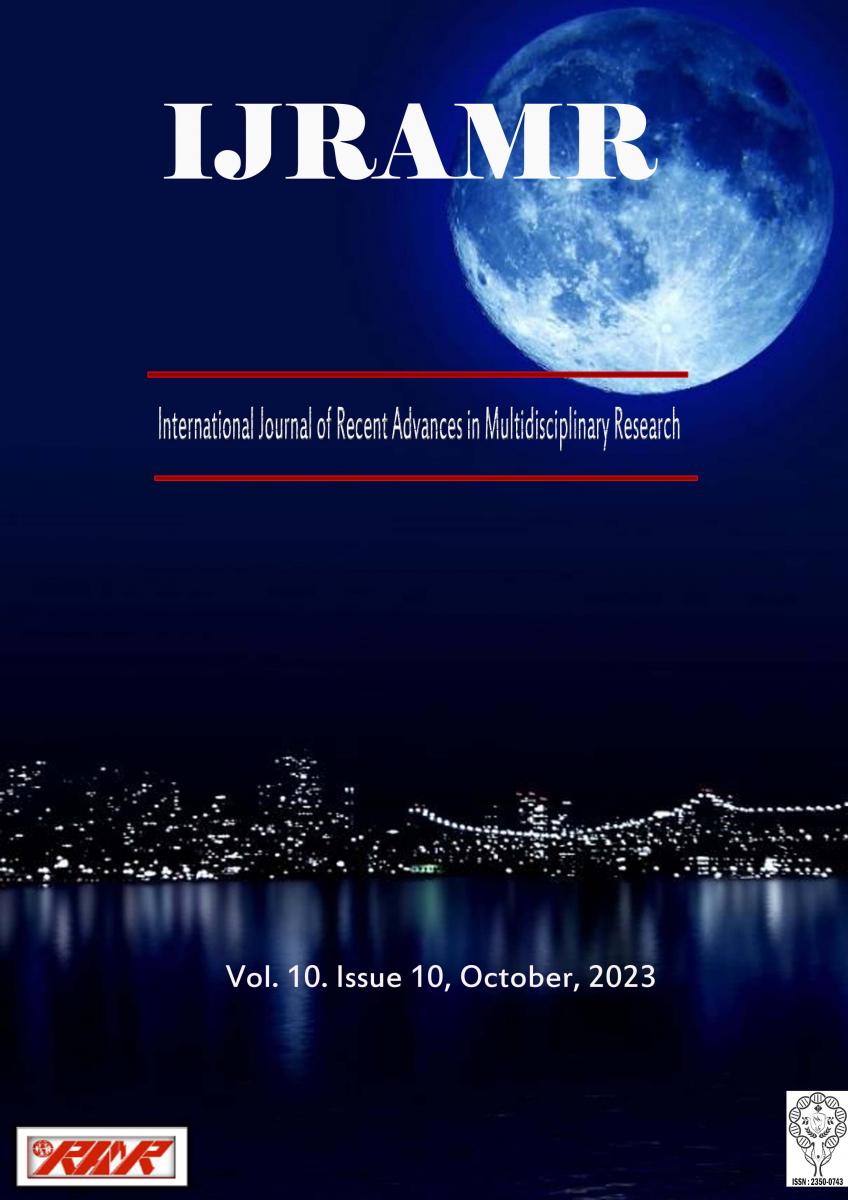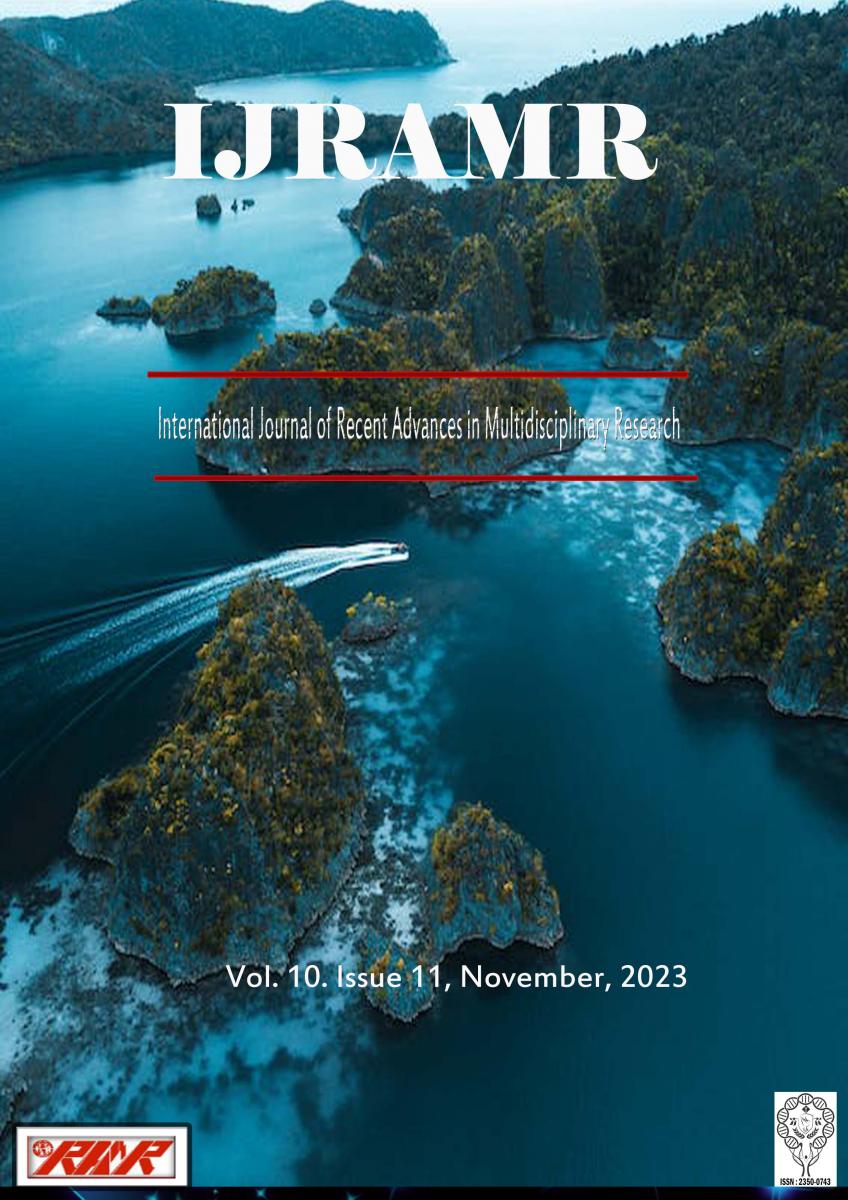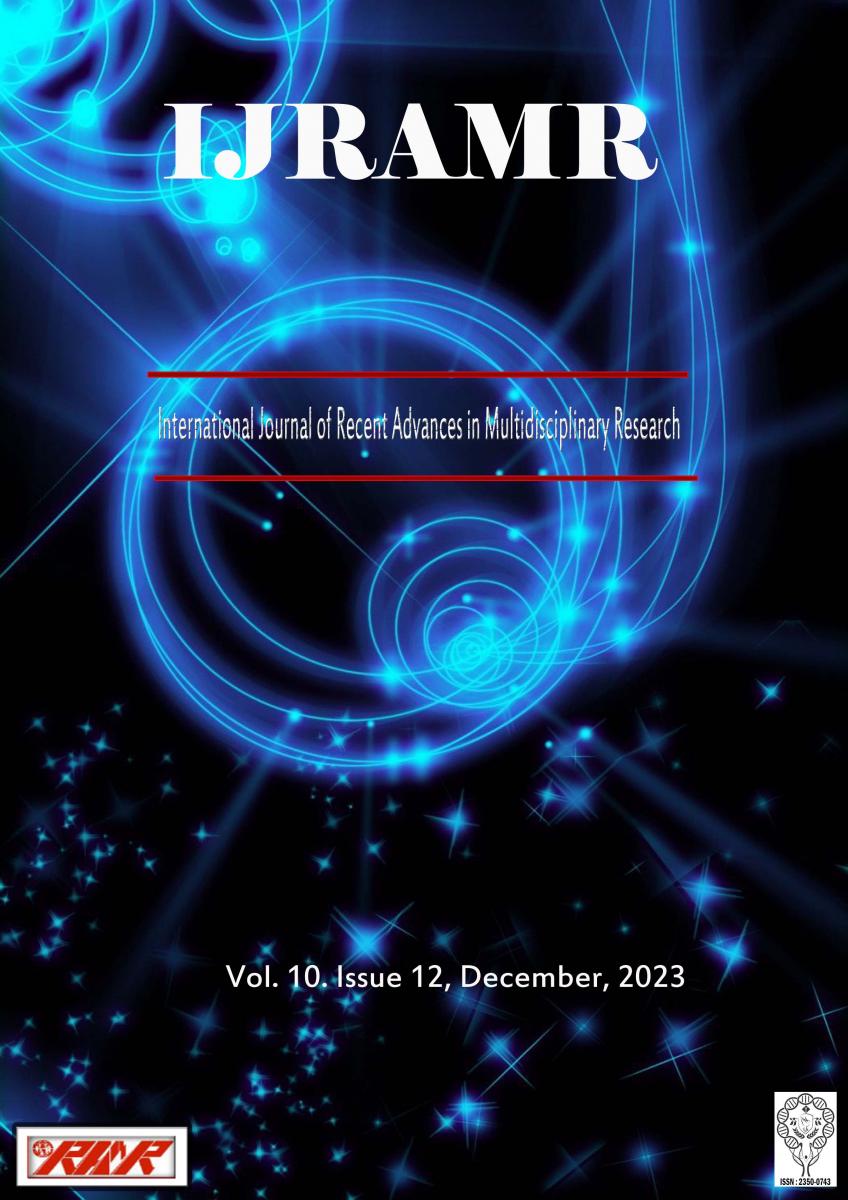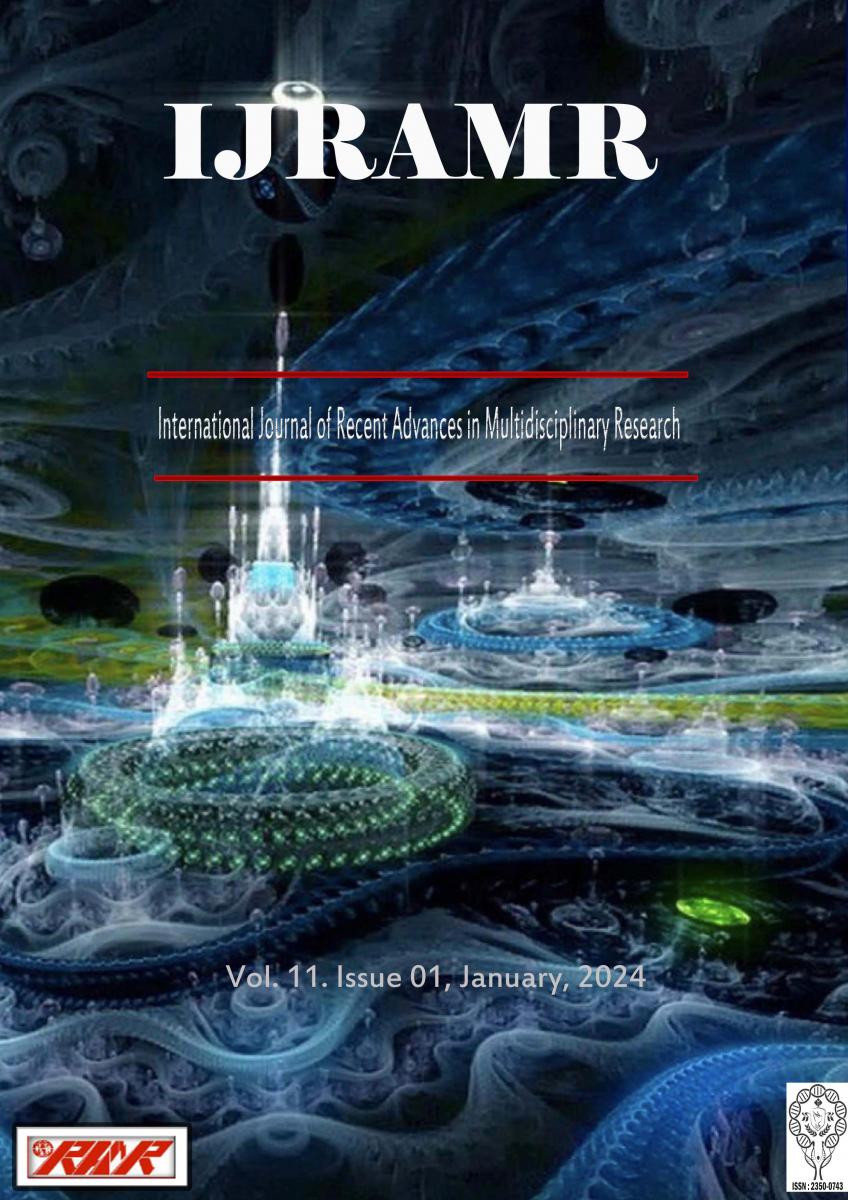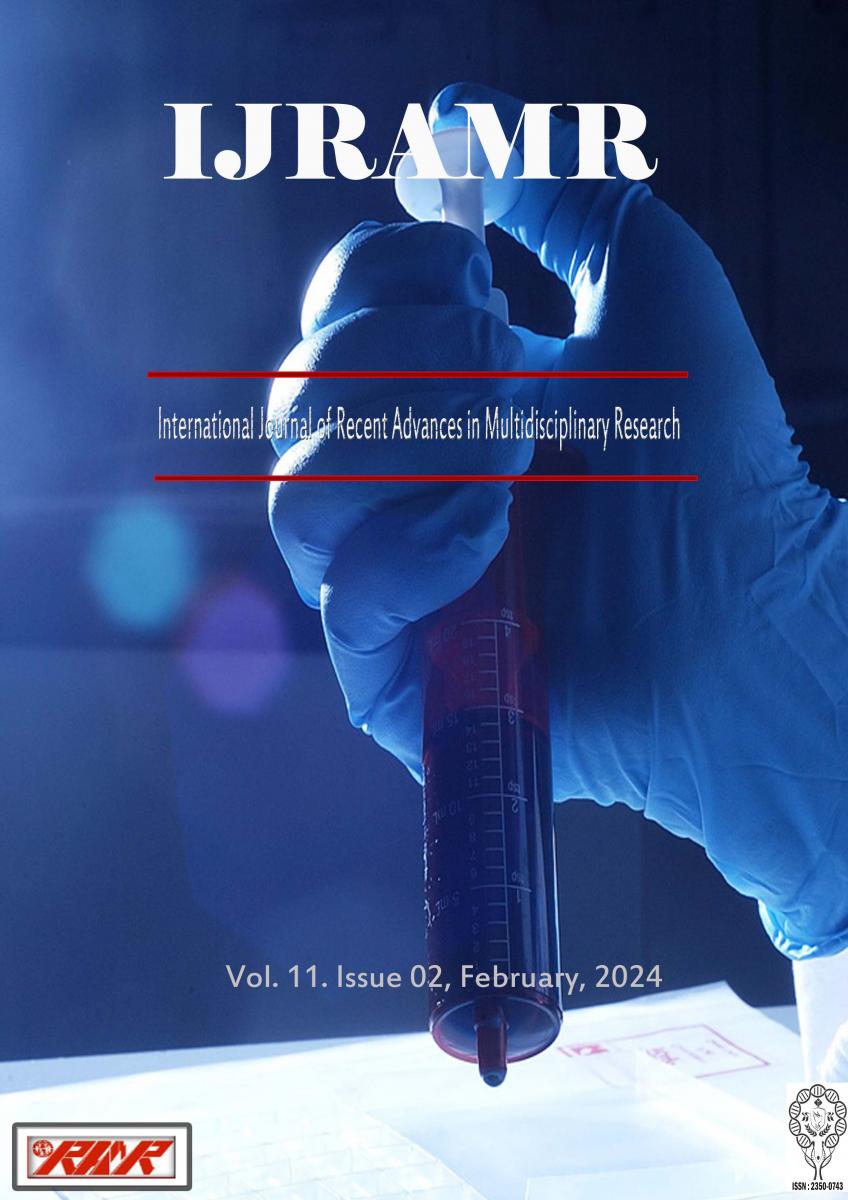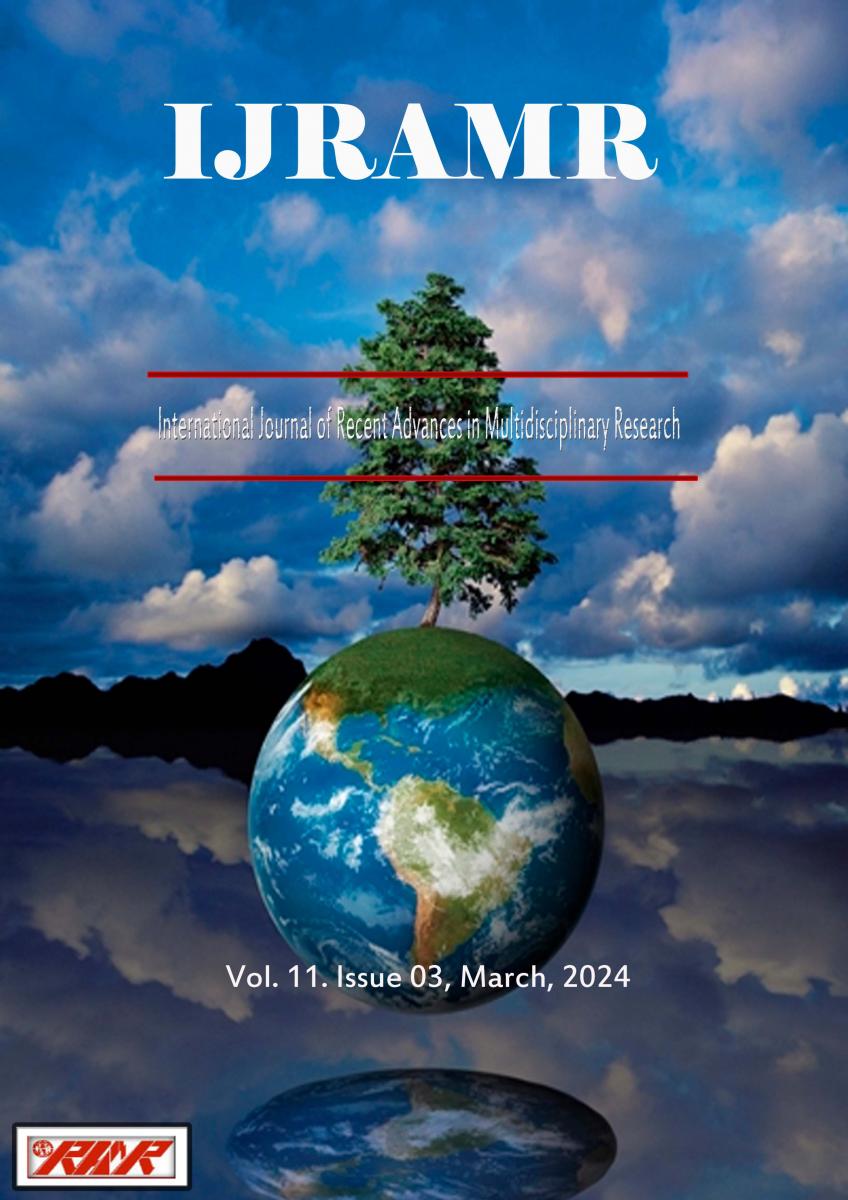Background: Students undergoing training in Nursing are not always prepared to deal with the challenges of the classroom and the clinical practice settings. They have the pressure to study new subjects, excel in their examination, getting practical experience in caring for patients with various disease conditions, as well as face other challenges which are similar to those experienced by college students. They may use healthy or unhealthy methods to cope with stress. This study aimed at exploring the perceived stress level, and the coping strategies among B.Sc Nursing students Materials and Methods: A cross-sectional questionnaire-based survey of 193 students, who were selected by a proportionate stratified random sampling technique from regular batch of Generic B.Sc Nursing students, was done. Results: The prevalence of perceived stress level among Generic BSc nursing students of Jimma University was 47.7%. The most common stressor was from intrapersonal factors. Unhealthy coping strategies were used by students irrespective of ethnicity, marital status and educational levels. A very strong association between source of stressor such as intrapersonal stressor, environmental stressor and academic stressor and unhealthy coping strategies were also observed (p<0.005). Conclusions: All the batches of nursing students perceived themselves to be stressed. There was a need to improve awareness and utilization of counseling and guidance services.
